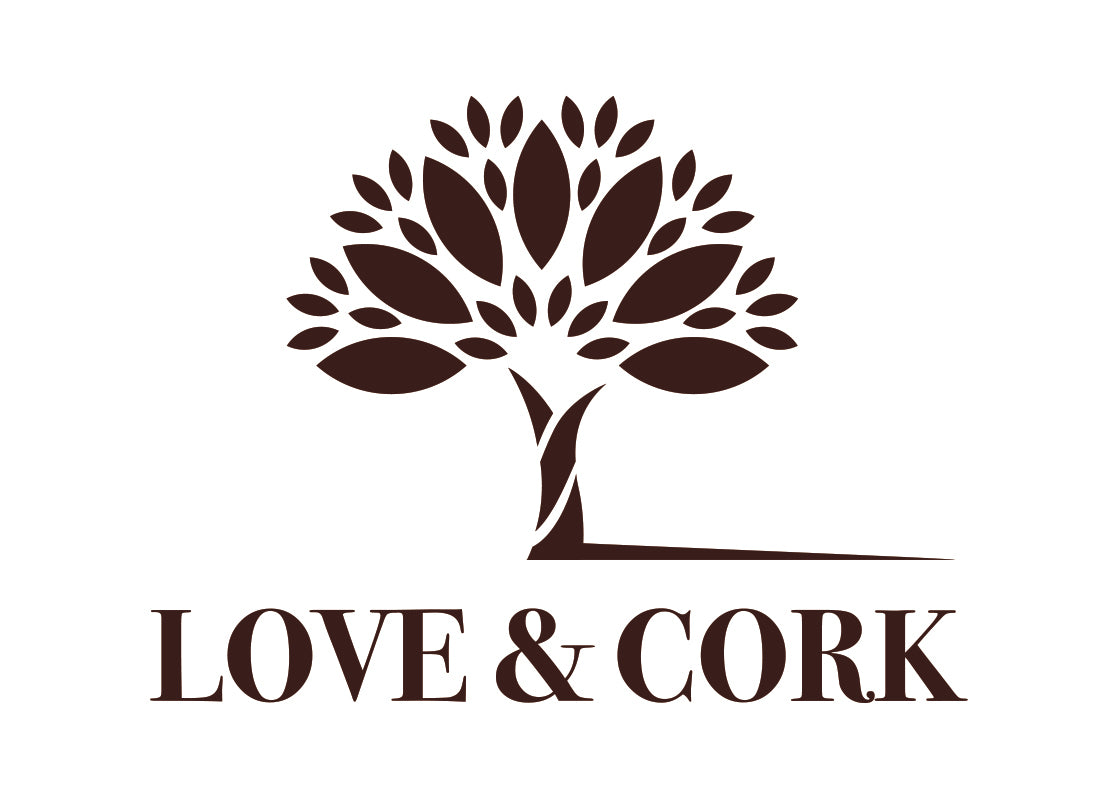Celebrating Labour Day in Canada: Honoring Workers and Sustainable Values
Labour Day, celebrated on the first Monday of September, is a significant national holiday in Canada. It marks the end of summer and serves as a day to acknowledge and celebrate the contributions of workers to the country's prosperity. In this blog post, we will delve into the history and significance of Labour Day in Canada.
But, we'll also explore an intriguing connection between Labour Day and sustainability, particularly through the lens of cork, a versatile and sustainable material that has found a place in Canadian culture.
Labour Day in Canada - A Brief History
Labour Day in Canada has a rich history, rooted in the labor movement's struggles and victories. It's a day to commemorate the social and economic achievements of workers and the labor unions that advocate for their rights. Here are some key points to understand the significance of Labour Day:
- Origins in Labor Movement: The first Labor Day in Canada can be traced back to 1872 when a group of Toronto printers went on strike to demand a 9-hour workday. Their efforts inspired similar strikes and protests, ultimately leading to the establishment of the holiday.
- Legal Recognition: Labour Day was officially recognized as a federal holiday in 1894, making Canada one of the first countries to do so. This recognition symbolized the government's acknowledgment of the importance of workers' contributions to the nation.
- Celebrations: Across the country, Labour Day is celebrated with parades, picnics, and various activities that bring communities together. It's a time for reflection on the labor movement's achievements and ongoing challenges in ensuring fair working conditions and workers' rights.
Cork - The Sustainable Connection
Now, you might be wondering how cork, a natural material often associated with wine stoppers, is connected to the essence of Canadian Labour Day. Well, it's all about sustainability.
- Sustainable Material: Cork is harvested from the bark of cork oak trees, primarily found in Mediterranean countries. What makes cork unique is its sustainability. The harvesting process does not harm the trees, and they can regrow their bark, making cork a renewable resource.
- Environmental Benefits: Cork forests play a vital role in carbon sequestration, helping to combat climate change. Additionally, cork production generates minimal waste, as almost every part of the cork oak tree is used, contributing to a circular economy.
- Canadian Cork Connection: While cork oak trees do not grow in Canada, the country has embraced cork as a sustainable material in various industries. Canadian wineries use cork for their wine stoppers, aligning with the nation's commitment to sustainability and environmental consciousness.
- Labour in Cork Production: Just as Labour Day honors the labor behind Canada's industries, it's important to recognize the labor involved in cork production. The process of harvesting and processing cork requires skilled workers, highlighting the global importance of labor rights and fair working conditions.
As Canadians gather to celebrate Labour Day, it's an opportunity to not only honor the contributions of workers but also reflect on the values of sustainability and responsible labor practices.
The connection between cork, a sustainable material, and Labour Day serves as a reminder of the ongoing efforts to balance economic prosperity with environmental and social responsibility.
So, this Labour Day, raise a glass and toast to both the hardworking individuals and the sustainable values that make Canada a great nation.

